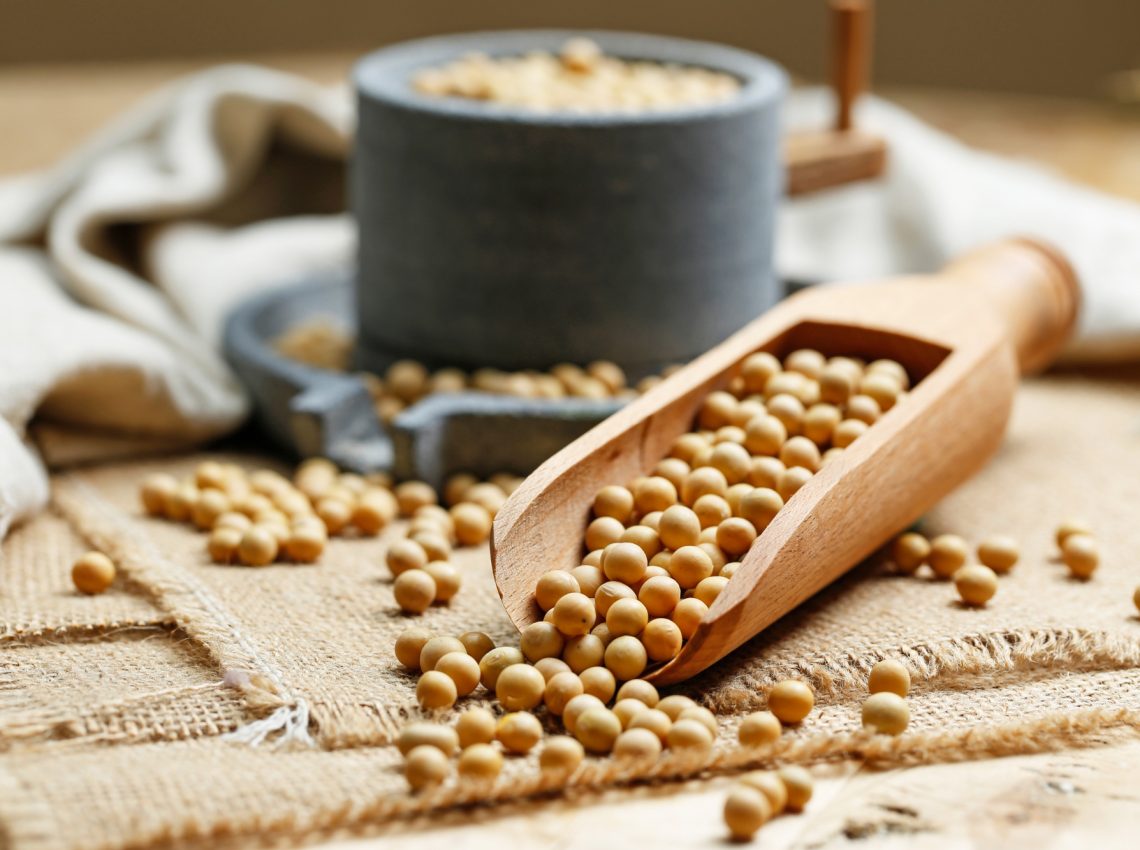Keto Diet Metabolite Could Supercharge CAR T Cells to Fight Cancer

A recent study by researchers at the Perelman School of Medicine at the University of Pennsylvania and Penn Medicine’s Abramson Cancer Center suggests that a simple dietary supplement could enhance CAR T cell therapy, a cutting-edge cancer treatment. While clinical trials are still needed, findings presented at the 66th American Society of Hematology (ASH) Annual Meeting (Abstract 4) indicate that this approach could offer a cost-effective way to improve CAR T cell performance and cancer-fighting capabilities.
A Novel Dietary Strategy for CAR T Cell Therapy
CAR T cell therapy, developed at Penn Medicine, reprograms a patient’s immune cells to target and destroy cancer. Despite its success in treating blood cancers, it doesn’t work for everyone. “We explored an unconventional method to enhance CAR T cells, focusing on diet rather than genetic engineering,” said Shan Liu, PhD, co-lead author of the study.
The research team, led by Liu and Puneeth Guruprasad, PhD, conducted the study under the guidance of senior authors Marco Ruella, MD, and Maayan Levy, PhD. They discovered that a ketogenic diet, which boosts levels of beta-hydroxybutyrate (BHB)—a metabolite produced by the liver—significantly improved CAR T cell tumor-fighting capabilities in a mouse model of diffuse-large B-cell lymphoma.
Why Beta-Hydroxybutyrate Matters
“BHB seems to act as a preferred energy source for CAR T cells, offering more power than glucose,” explained Guruprasad. The team’s findings build on earlier research that identified BHB as a suppressor of colorectal tumor growth.
Further studies revealed that BHB supplementation, even without a ketogenic diet, enhanced CAR T cell expansion and activation, leading to complete cancer remission in most laboratory models. Blood samples from human patients undergoing CAR T therapy also showed a correlation between higher BHB levels and improved CAR T cell expansion.
Translational Potential and Clinical Trials
The study marks a shift from previous dietary interventions in cancer therapy, focusing on metabolic changes rather than gut microbiome interactions. A Phase I clinical trial at Penn Medicine’s Abramson Cancer Center, led by Elise Chong, MD, will evaluate the safety and efficacy of BHB supplementation in patients with relapsed or refractory large B-cell lymphoma receiving CAR T cell therapy.
“This approach is low-cost and minimally toxic, making it a promising complement to existing therapies,” said Levy. However, the researchers caution against premature dietary or supplement recommendations until clinical evidence is available.
The research, partly funded by the Penn-CHOP Microbiome Core, represents a significant step toward integrating simple dietary modifications into advanced cancer treatments, potentially transforming outcomes for patients.









